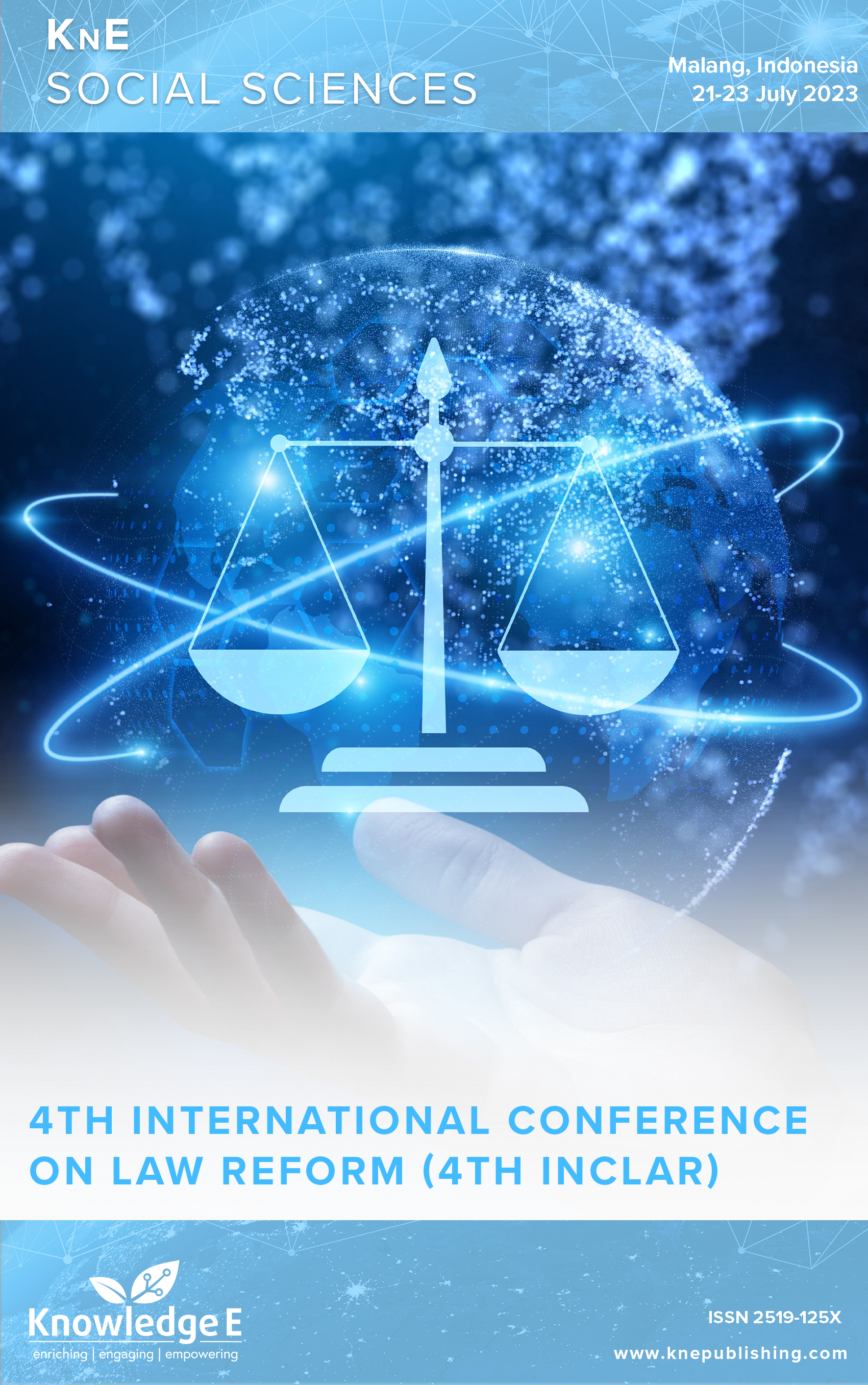The Attorney's Wiretapping Authority in Special Crimes and Military Crime Connection Cases
DOI:
https://doi.org/10.18502/kss.v8i21.14774Abstract
The authority in lawful interception in the legal norms in force, in Indonesia today, can be exercised by Law Enforcement Officials (APH) and State Intelligence (IN). APH includes the Police, the Attorney General’s Office, the National Narcotics Agency, and the Corruption Eradication Commission, while the only state intelligence agency that has authority is the State Intelligence Agency. The Attorney General’s Office in accordance with legal norms has the authority to investigate general crimes in accordance with the material provisions of the Criminal Code (KUHP), special crimes according to provisions outside the Criminal Code, and military crimes in accordance with the provisions of military criminal law after the formation of the Junior Attorney General for Military Criminals ( Jampidmil). The Attorney General’s authority is to handle specific criminal acts related to corruption, gross human rights violations, money laundering, insubordination, use of unlawful force, theft, embezzlement, and other violations of law involving military personnel. This study will discuss the wiretapping authority of the Attorney General’s Office when dealing with special crimes, namely corruption and military crimes connected with terrorism so that the difference in wiretapping procedures can be seen in the handling of these two different crimes at the stages of investigation and prosecution.
Keywords: attorney general, lawful interception, investigation, corruption, military crime
References
Kejaksaan.Go.Id. Organizational Structure and Working Procedures of the Attorney General’s Office of the Republic of Indonesia. Jakarta: RI Attorney General’s Office.
Camelia Pasandara, Tifatul Threatens to Shut Down Mobile Operators Involved in Wiretapping. Kominfo. Go. Id. Accessed from: https://www.kominfo.go.id/content/detail/3532/tifatul-ancam- Tutup-operatorponsel- yang-terlibat-penyadap/0/sorotan_media on 20 July 2023 at 12 WIB.
the 1945 Constitution of the Republic of Indonesia,
Law Number 8 of 1981 concerning Criminal Procedure Code,
Law Number 31 of 1997 concerning Military Courts,
Law Number 36 of 1999 concerning Telecommunications,
Law Number 16 of 2004 concerning the Attorney General of the Republic of Indonesia,
Law Number 5 of 2018 concerning Amendments to Law Number 15 of 2003 concerning Stipulation of Government Regulations in Lieu of Law Number 1 of 2002 concerning Eradication of Criminal Acts of Terrorism to Become Law.
Law Number 11 of 2008 concerning Information and Electronic Transactions
Law Number 17 of 2011 concerning State Intelligence;
Government Regulation Number 52 of 2000 concerning Telecommunications Operations
Regulation of the Minister of Communication and Informatics of the Republic of Indonesia Number 8 of 2014 concerning Technical Requirements for Legitimate Wiretapping Tools and Equipment for Internet Protocol-Based Information in the Implementation of Cellular Mobile Networks and Local Fixed Wireless Networks with Limited Mobility.

